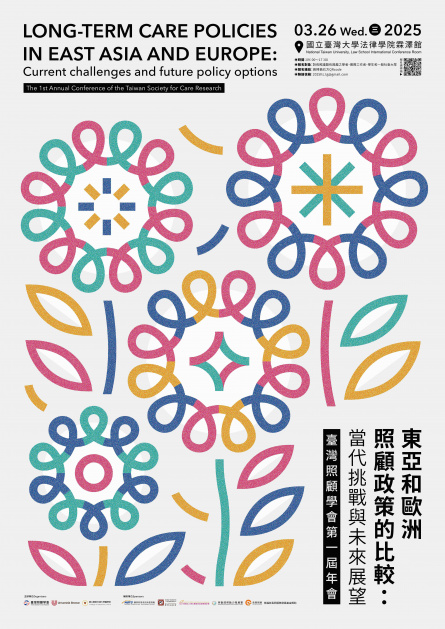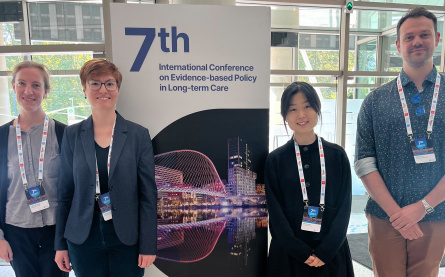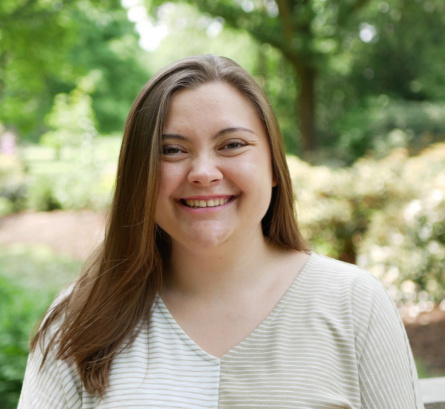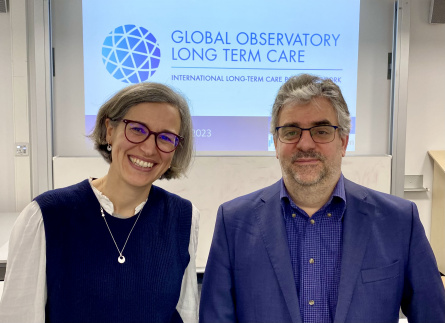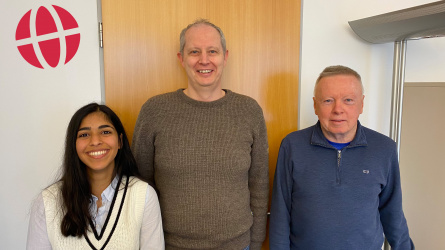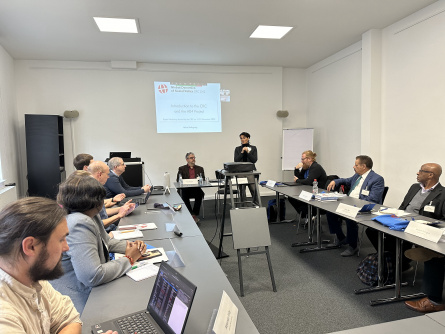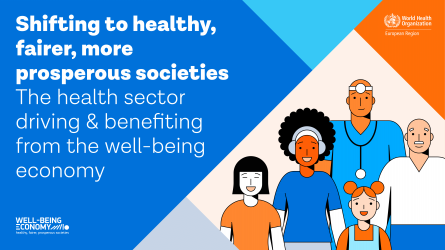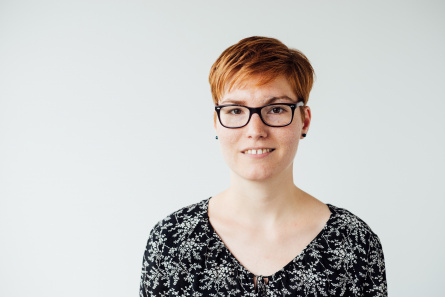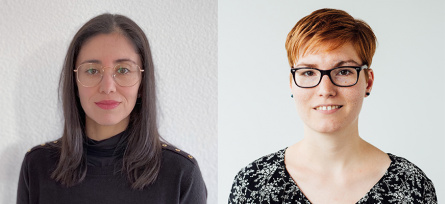Johanna Fischer and Gabriela de Carvalho explain in an interview how the country reports are produced and what added value they offer compared to other sources.The twentieth issue of the CRC 1342 Social Policy Country Briefs was published a few days ago. On this occasion, could you briefly explain what this series is about?
Johanna Fischer: The series consists of short reports which each focus on a specific social policy field in an individual country. For instance, the latest two reports were published on the The Health Care System in Bulgaria (No 19) and the The Long-Term Care System in Sweden (No 20). In line with the CRC’s current focus on social policy emergence, the Country Briefs focus on the introduction of social protection policies and systems and their further development until today. The aim of the series is to give country and policy experts the opportunity to share their knowledge in a semi-structured format, to disseminate the information through the online open access publications, and to shed light on under-researched cases, in particular those found beyond high-income economies.
How did this series come about?
Gabriela de Carvalho: Within our project A04 on the Global Developments in Health Care Systems and Long-term Care as a New Social Risk (as well as the CRC as a whole), we are collecting a lot of data for instance on the introduction points of health and long-term care systems, their characteristics, and subsequent reforms. From this we have plenty of indicators which are stored in the CRC’s Global Welfare State Information System (WeSIS) and can be used by us and others for research. However, this information is contained into – mainly – categorical and numerical indicators. We have established the Country Brief Series to complement these datasets with more in-depth descriptions in a story-telling format and information that country experts or team members have accumulated. We thought that it would be a pity if this comprehensive knowledge about health and long-term care system beginnings and development would not be recorded and published. For the future it is planned that the Country Briefs will also be stored in WeSIS as an additional country-based resource.
What is the particular benefit of the series compared to existing social policy country profiles?
Johanna Fischer: There are several benefits of the CRC 1342 Social Policy Country Briefs which are not fully covered by other publication series. One is the explicit historical focus – in line with the CRC’s research agenda – on the initial introduction and further chronological development of social protection systems. Other publications do focus much more on providing a snapshot of the currently existing systems. However, we think it is important to contextualise current developments with a thorough understanding of their historical trajectories to understand why they look like as they do today and also for comparing countries at different stages of development.
Gabriela de Carvalho: We also emphasise the role of the state in health and long-term care systems, and the different ways in which this actor took responsibility for health and elder care. Even though we plan to publish briefs on all countries of the world, we particularly target under-researched cases from the Global South. Examples are the reports on the healthcare systems of Equatorial Guinea and Mozambique which are currently under review.
Gabriela, you have written the first issue of the series - what is the biggest challenge in such a report?
Gabriela de Carvalho: The biggest challenge in writing such a report is, I would say, the 'novelty' of the content. As here at the CRC we have an explicit interest in historical developments and the role of the state in social policies, our country briefs shed light on these topics, which is different from existing descriptions of social policies. Therefore, a historical analysis and reflection of each case is necessary before producing the report.
There are also conceptual challenges: For instance, experts have different ways to measure and operationalise what a system is, and when a system starts. This requires an open and constant dialogue between the editors of the series (the A04 project) and the authors.
Further, data availability differs greatly among countries. Authors often need to slightly adapt the provided template to accommodate for issues of data availability and reliability.
How do you choose the topics of the issues (policy field and country)?
Johanna Fischer: At the moment we are working on the both policy fields covered by our project, that is health and long-term care. As for the countries, we have started mostly with the ones where we had an established contact to potential authors for instance because they had participated in our expert surveys already. Furthermore, we tried to cover a diverse set of countries situated in different regions. Our aim is explicitly to cover cases outside the standard Northern/Western country samples often analysed, even though we are of course happy to also include reports on the more well-known cases. For long-term care, for instance, many reports have so far focused on the long-standing members of the Organisation for Economic Co-operation and Development or the European Union. We are therefore happy that we were already able to extend this sample, for instance with the Country Briefs on Uruguay, Costa Rica, Taiwan, Singapore, Ukraine, and Serbia.
Gabriela de Carvalho: In the case of healthcare, reports on countries such as Jamaica, Mozambique, Albania, and Mexico have already been published or are currently under review.
Will the series cover other policy fields in the future as well?
Johanna Fischer: We are open to extend the series to other policy fields. In the future we would therefore like to more closely collaborate with other CRC projects to make this happen.
Contact:Dr. Gabriela de CarvalhoCampus de la UAB
08193 Barcelona
E-Mail:
Gabriela.DeCarvalho@uab.catDr. Johanna FischerCRC 1342: Global Dynamics of Social Policy
Mary-Somerville-Straße 3
28359 Bremen
Phone: +49 421 218-57074
E-Mail:
johanna.fischer@uni-bremen.de
